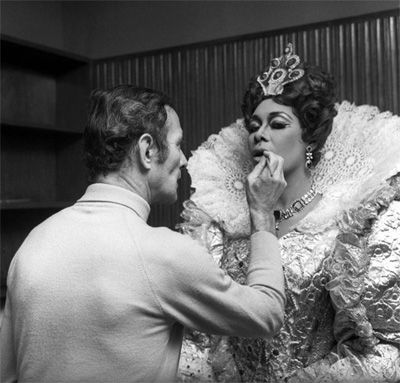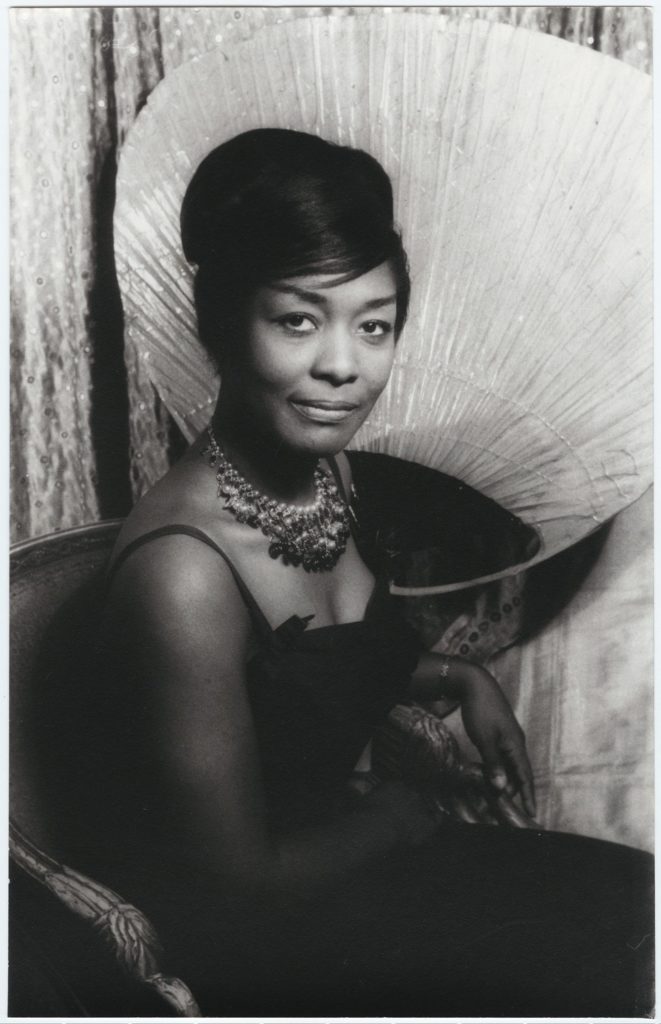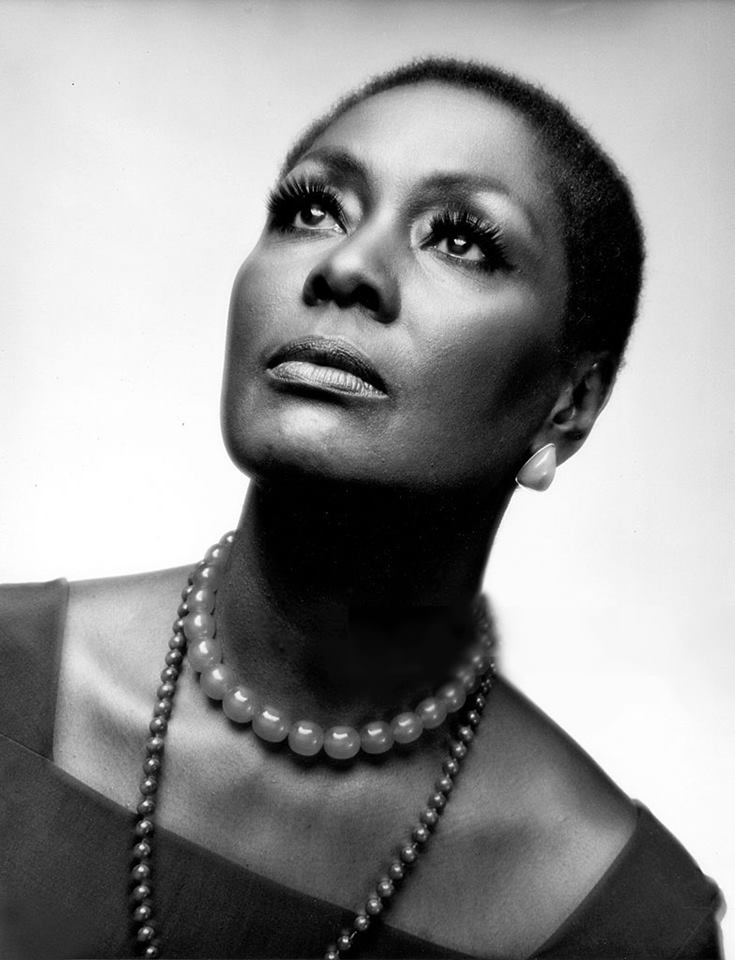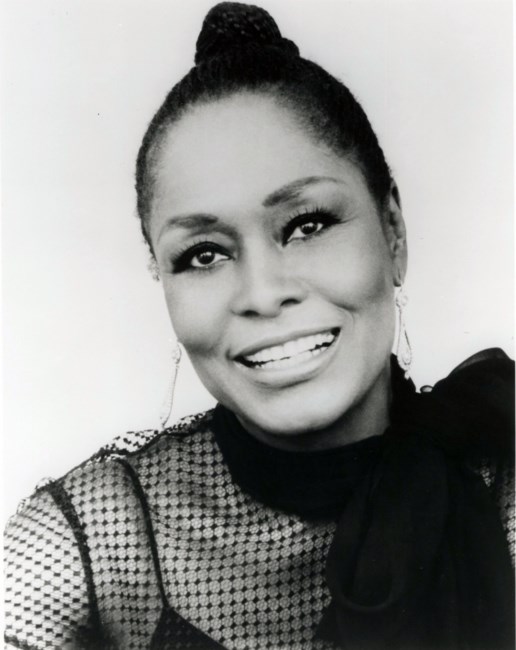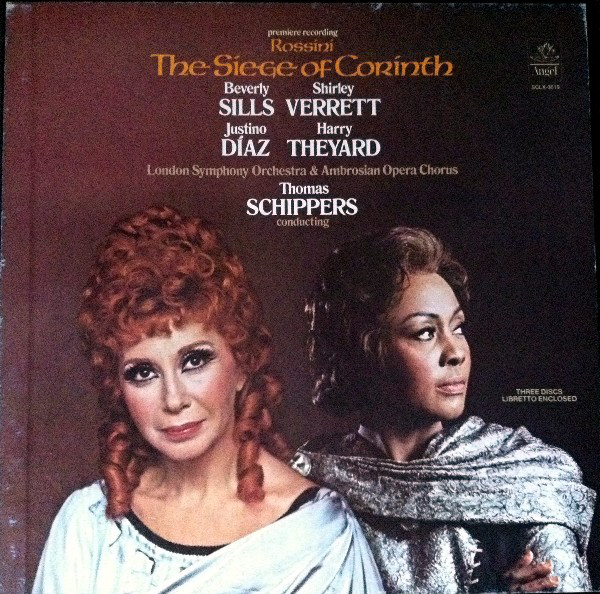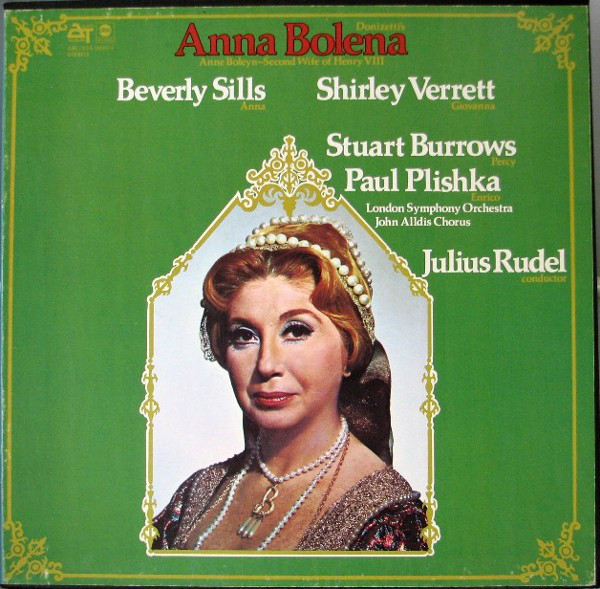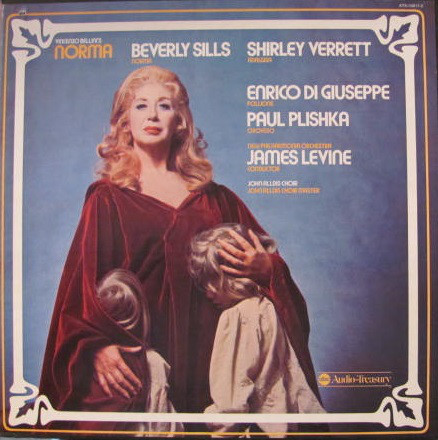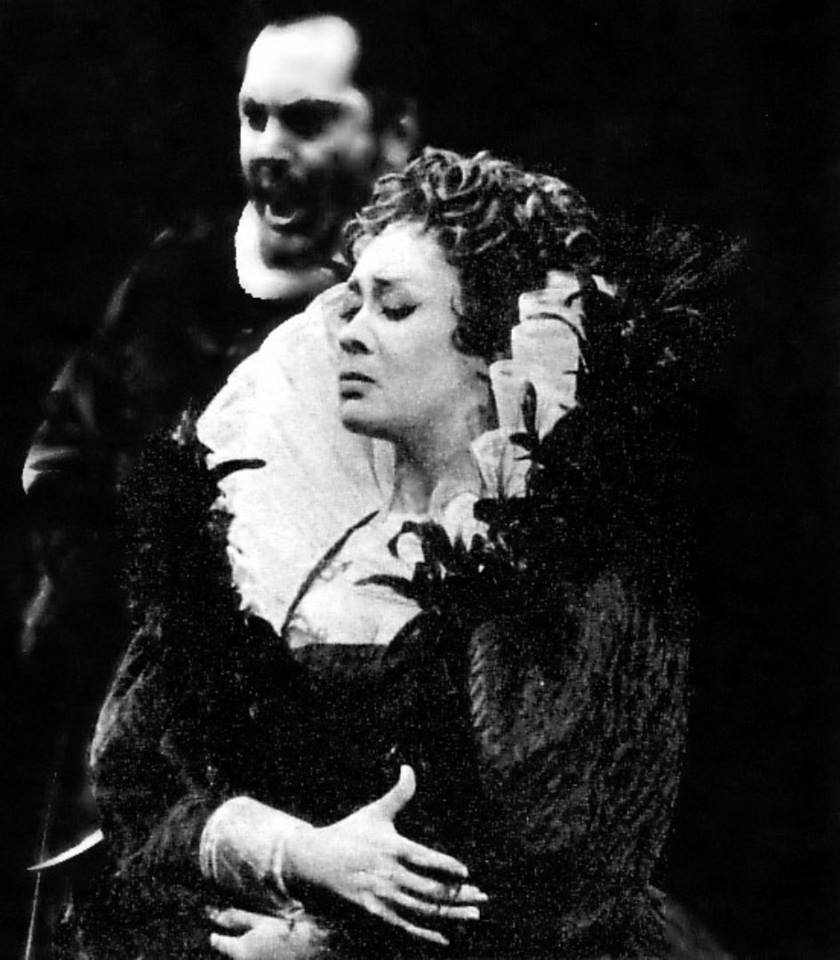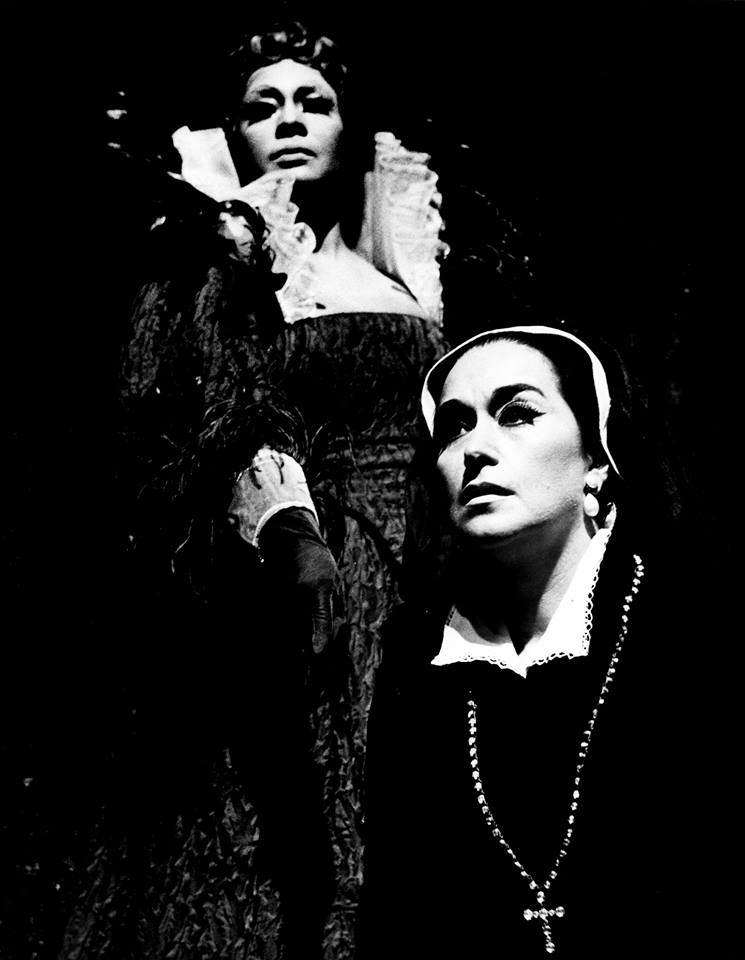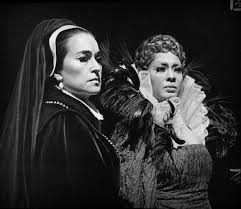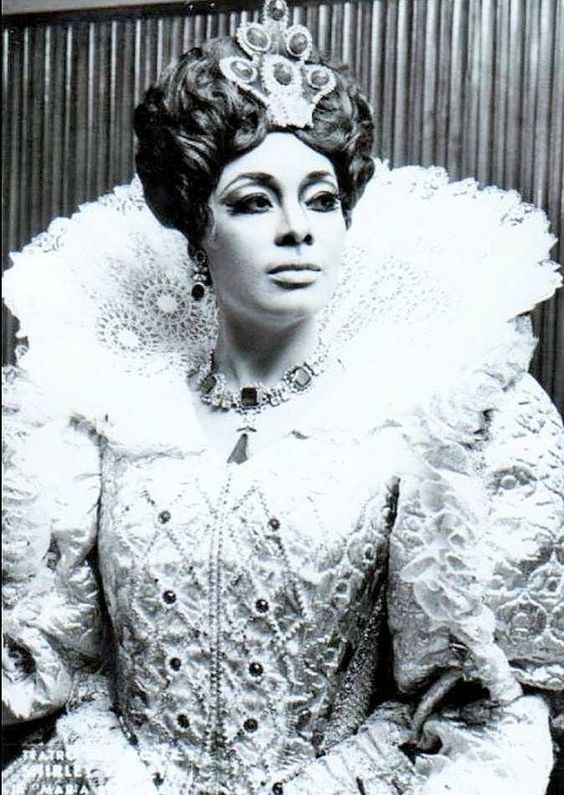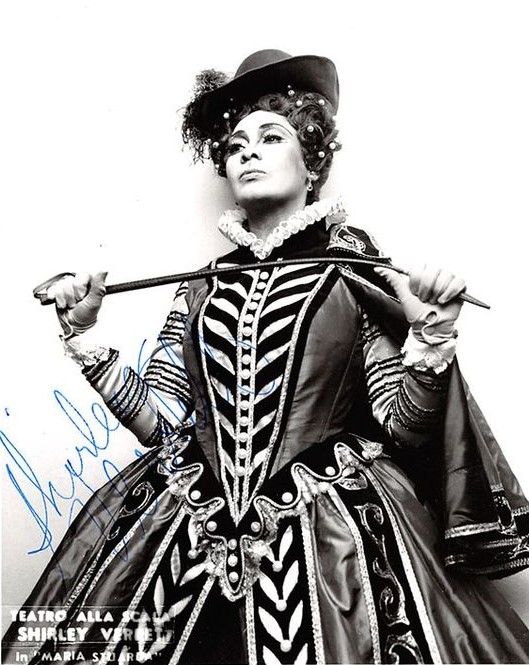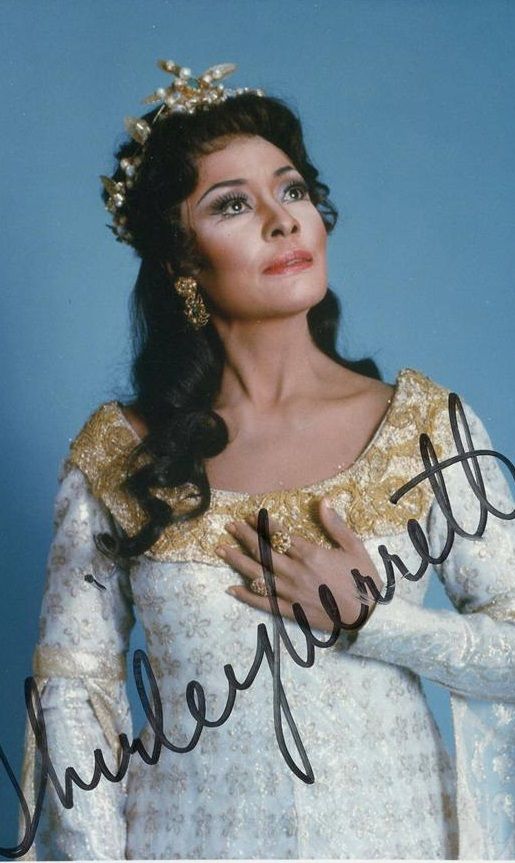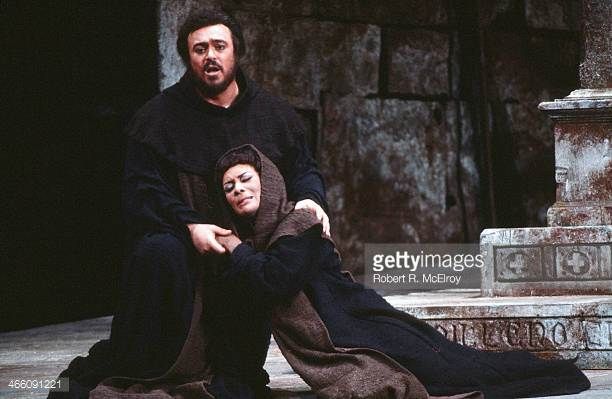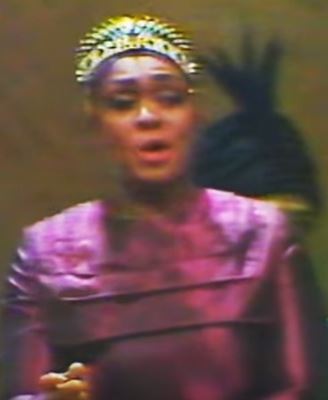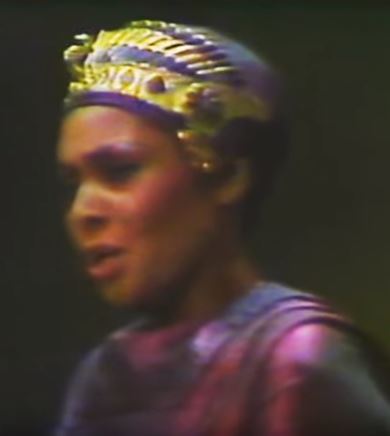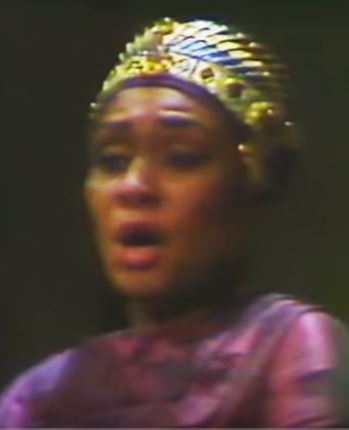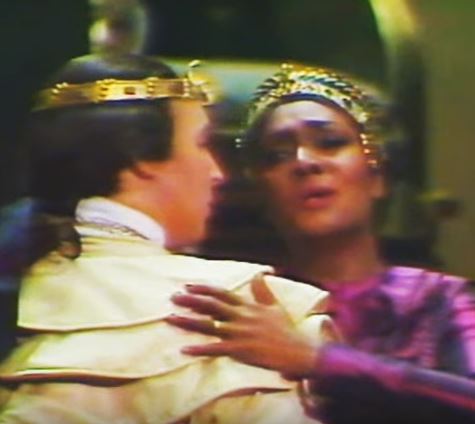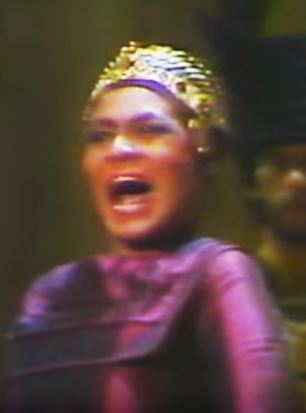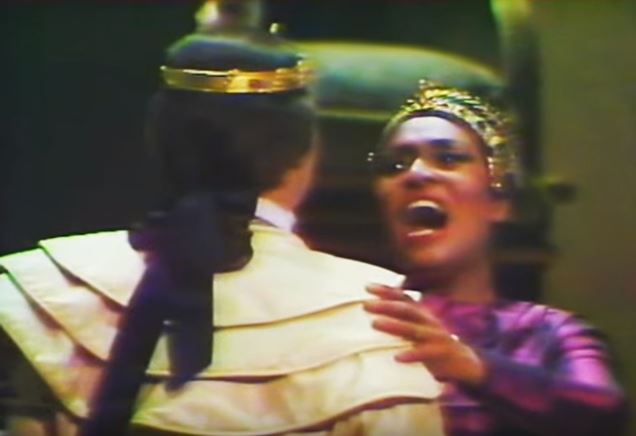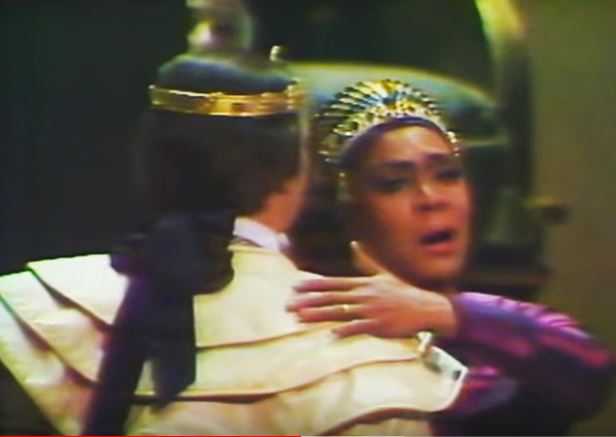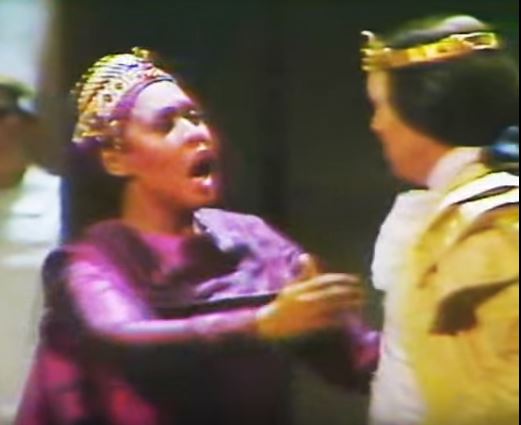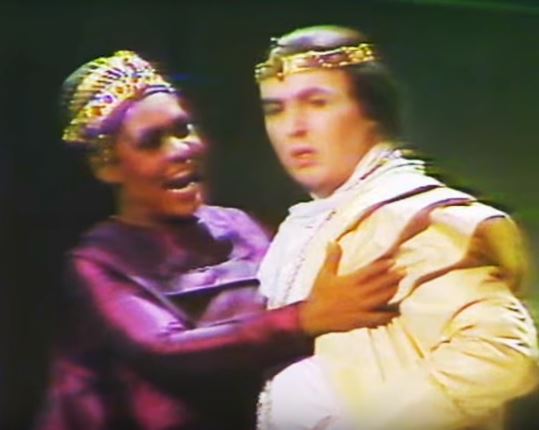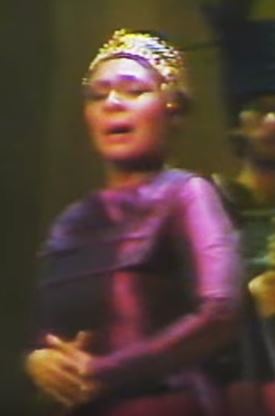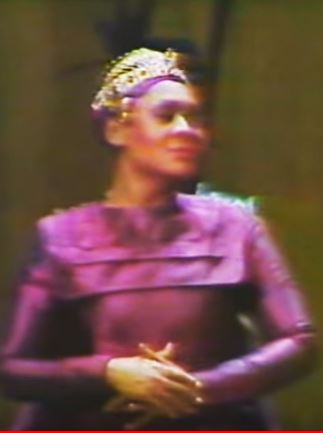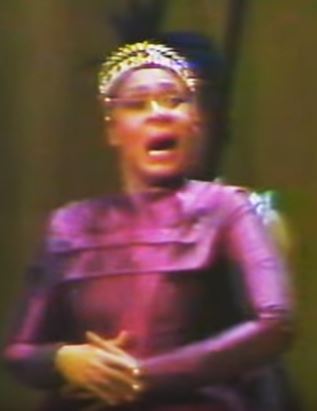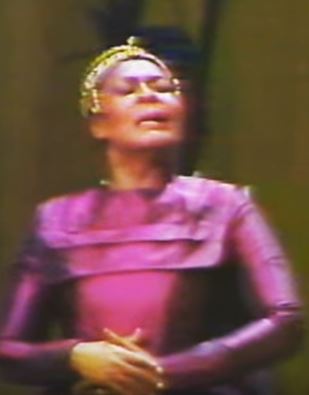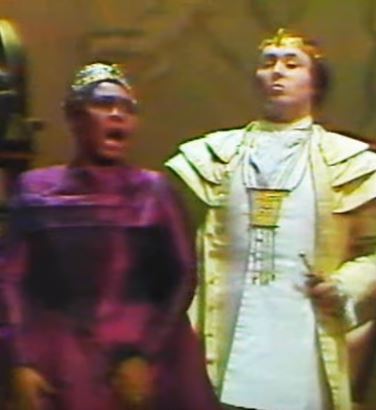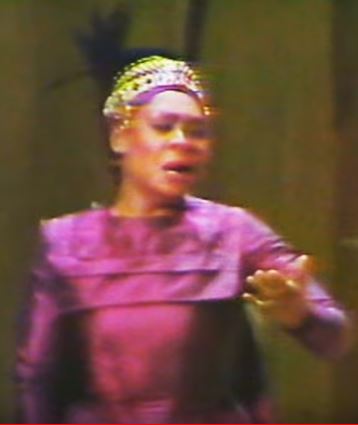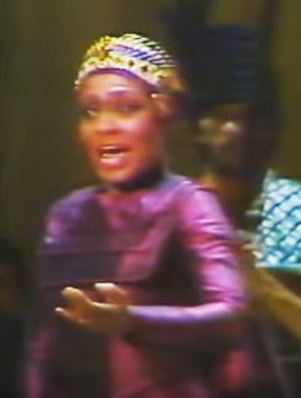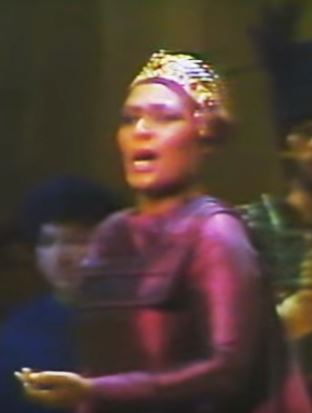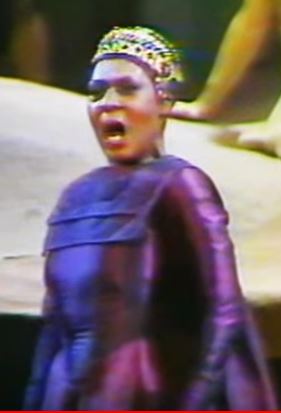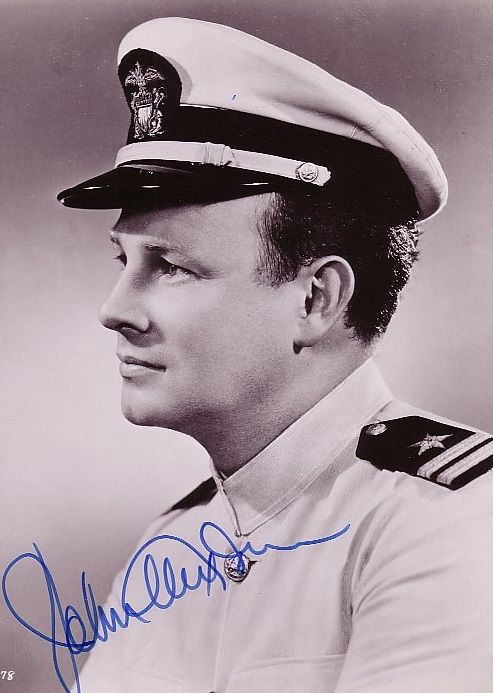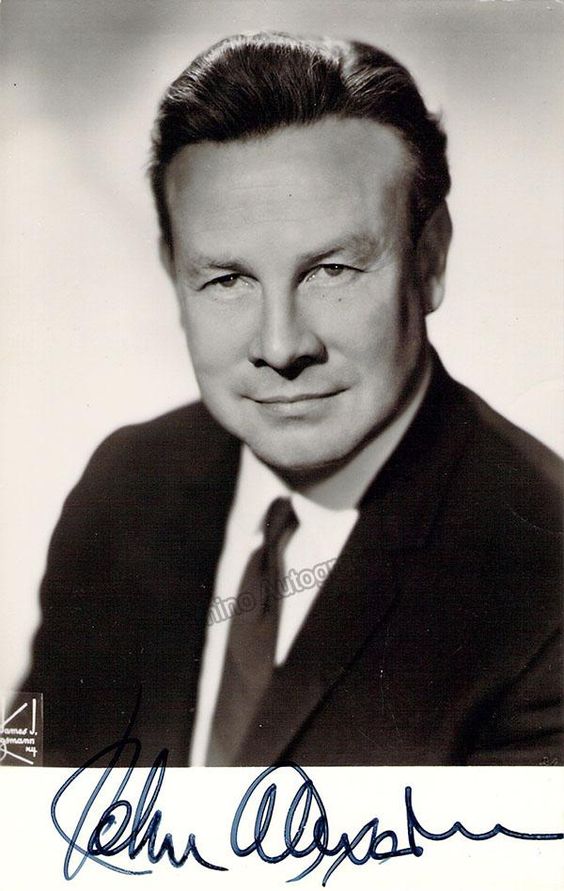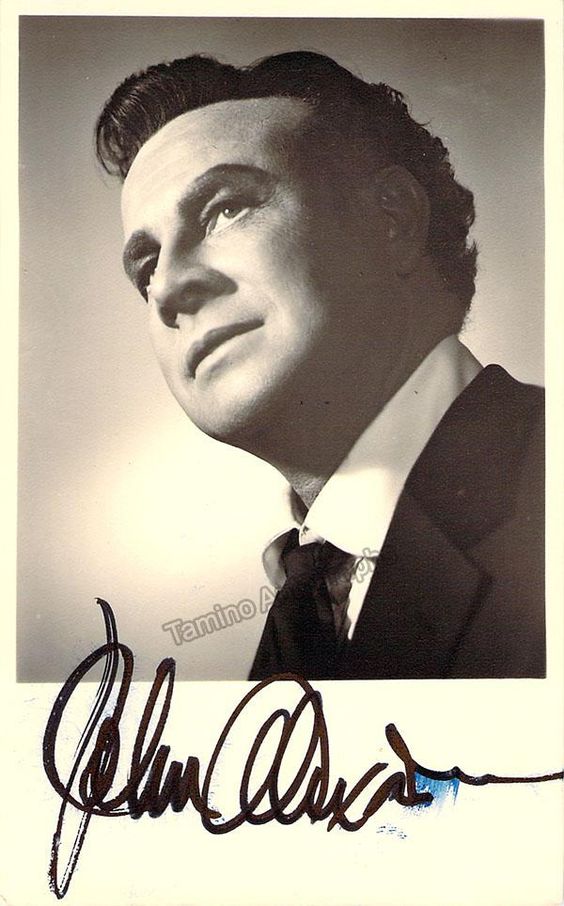Episode 6. Shirley Verrett II: La Regina del Bel Canto
SOCIAL SHARE
SUBSCRIPTION PLATFORM
In this episode in my Shirley Verrett miniseries, I explore a wide range of the artist’s bel canto roles, including the roles of Neocle in Rossini’s L’assedio di Corinto, Elisabetta in Donizetti’s Maria Stuarda, Leonora in La Favorita, Sinaïde in Rossini’s Mosè in Egitto and the French version Moïse et Pharaon, and finally, the roles of Adalgisa and, finally, the title role in Bellini’s Norma, surely one of her greatest creations. Musical examples abound, with other featured artists including Leyla Gencer as Maria Stuarda, and John Alexander, who played Pollione to both Verrett’s Adalgisa and her Norma.
RECORDINGS FEATURED IN THIS EPISODE
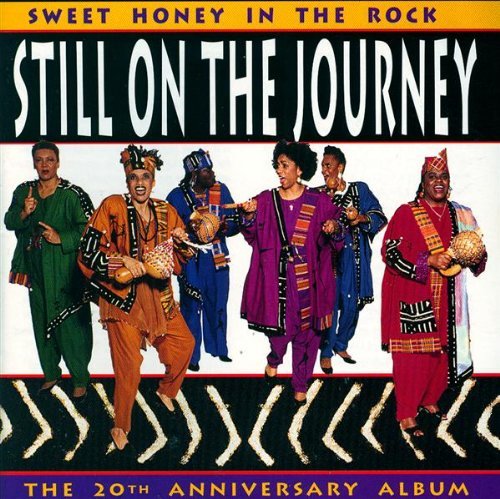
Sweet Honey in the Rock: Long Journey Home (on their Still on the Journey album, 1993, EarthBeat! Records, 9 42536-2). I use this recording to accompany the comments about the falcon voice type and women of color that the conductor and scholar Kristina Boerger sent about last week’s episode. I was fascinated by the spacious timbre and range of the singer Ysaye Barnwell, who intones the low drone throughout this recording. Thank you, Kristina, for bring this to my attention.
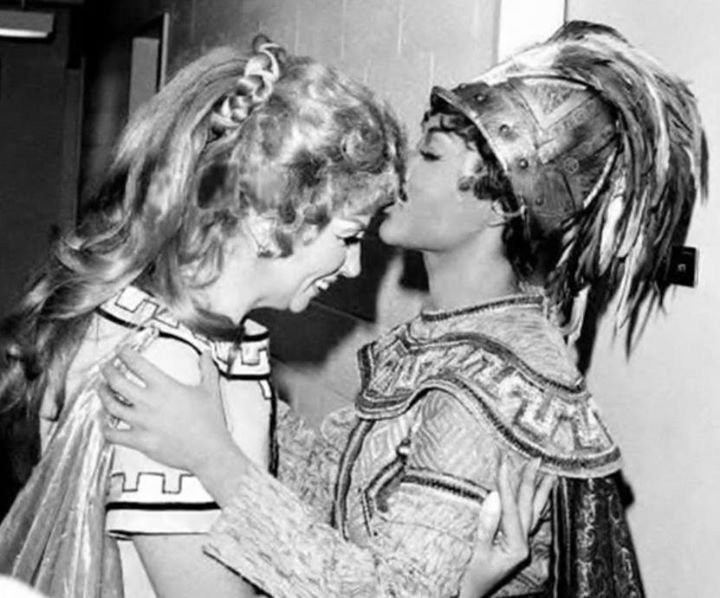
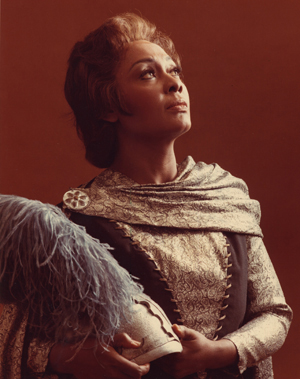
Gioacchino Rossini: Non temer, d’un basso affetto (L’assedio di Corinto). Shirley Verrett as Neocle; Thomas Schippers, conductor. Live performance from the Metropolitan Opera on 19 April 1975. One of the most mind-bogglingly good pieces of singing that I have ever heard. Shirley Verrett and Beverly Sills also made a studio recording of the opera, also under Thomas Schippers for EMI/Angel that has had limited CD release and is currently out of print. Sills and Verrett also recorded Anna Bolena and Norma together. Incidentally, the Wikipedia article gives a fairly accurate breakdown of the two different versions of this opera that Rossini actually composed (Maometto II and Le siège de Corinthe) as well as an explanation about the spurious edition redubbed L’assedio di Corinto that the Met mounted for Sills and Verrett. Also, a review by Richard Osborne of the CD reissue of the recording in Gramophone Magazine explains the central problem with this edition. ” Shirley Verrett is an impressive Neocle; but here is the biggest anachronism of all. Rossini specifically recast the travesti role of Calbo in Maometto Il for a tenor (Neocles). Donizetti reverted to the travesti version in a production of L’assedio di Corinto (the opera’s Italian form) in Genoa in 1828, and Schippers follows suit.” This actually sounds like a performing edition not unlike the problems surrounding Gluck’s Orfeo ed Euridice (which Verrett also recorded for RCA with Anna Moffo and Judith Raskin in her years as a “pure” mezzo).
Gaetano Donizetti: Act II Finale from Maria Stuarda. Shirley Verrett as Elisabetta, Leyla Gencer as Maria Stuarda, Juan Oncina as Leicester, Giulio Fioravanti as Cecil, and Plinio Clabassi as Talbot. Francesco Molinari-Pradelli conducting. Live performance from Napoli 2 January 1969. I had originally planned to use the recording from the Maggio Musicale Fiorentino’s appearances at the Edinburgh Festival in August 1969 with Nino Sanzogno conducting a slightly different supporting cast, but the recording had a serious flaw at a climactic moment so I used the recording from Napoli earlier the same year. They are both positive bitch-slappingly electric and Gencer caps her kamikaze performance with a stunning high D. I quote from Patrick O’Connor‘s obituary of Leyla Gencer in The Guardian: “Gencer’s most memorable UK appearances were undoubtedly in the title role of Donizetti’s Maria Stuarda, at the Edinburgh Festival in 1969. The sparks that flew on stage in the confrontation – historically absurd but dramatically thrilling – when Gencer as Mary Stuart ripped off her glove and flung it in the face of Shirley Verrett as Elizabeth I at the words, ‘Vil bastarda’ will surely live in the memory of all who witnessed it. “
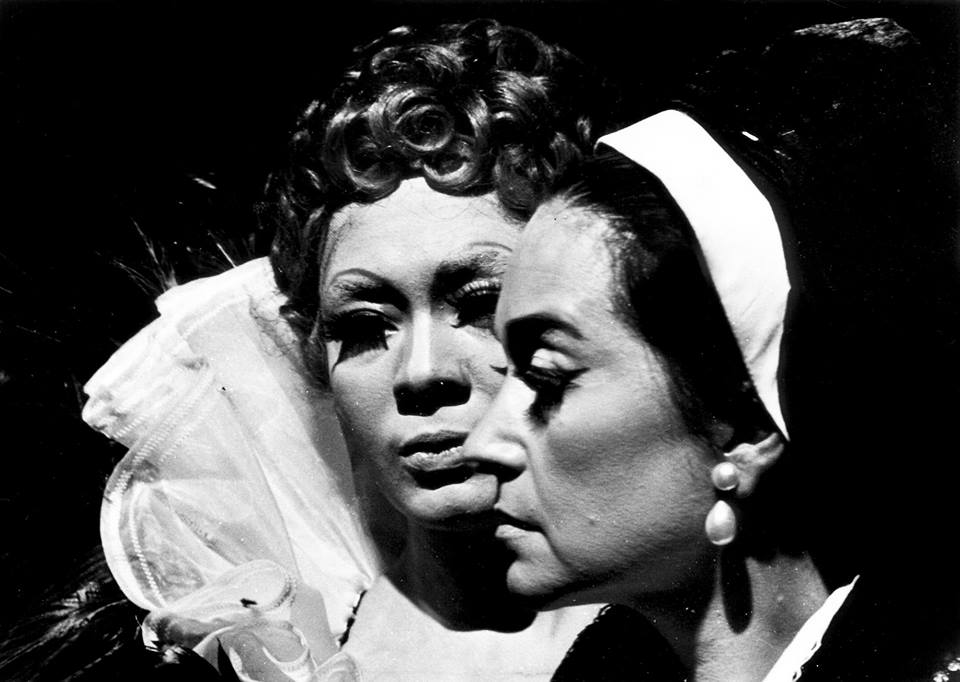
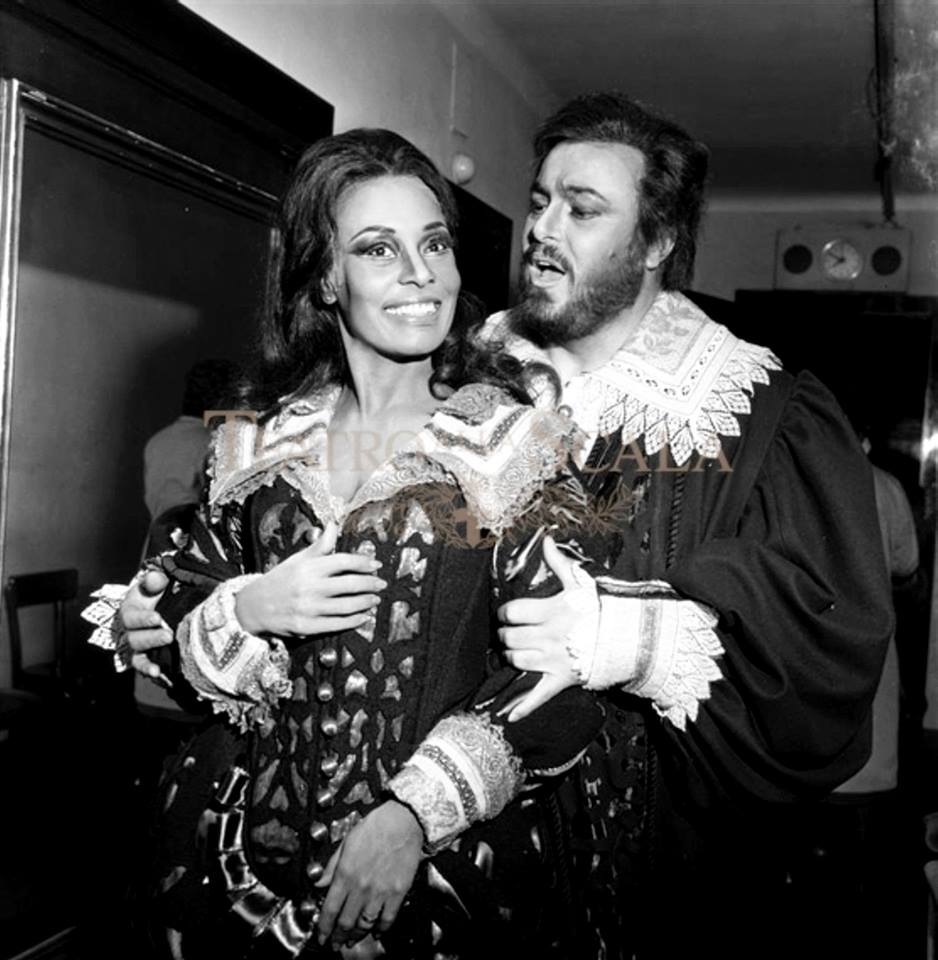
Verrett and Pavarotti in the ill-fated Ballo, La Scala 1977. 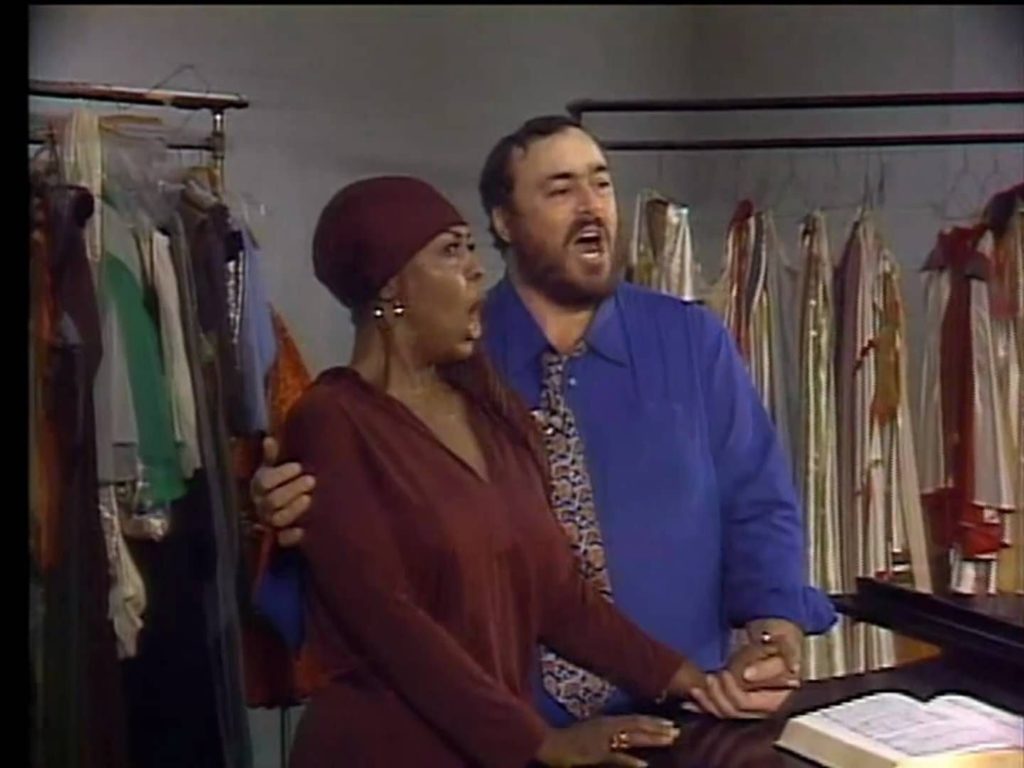
A still from an intermission segment of the Met Tosca telecast, December 1978 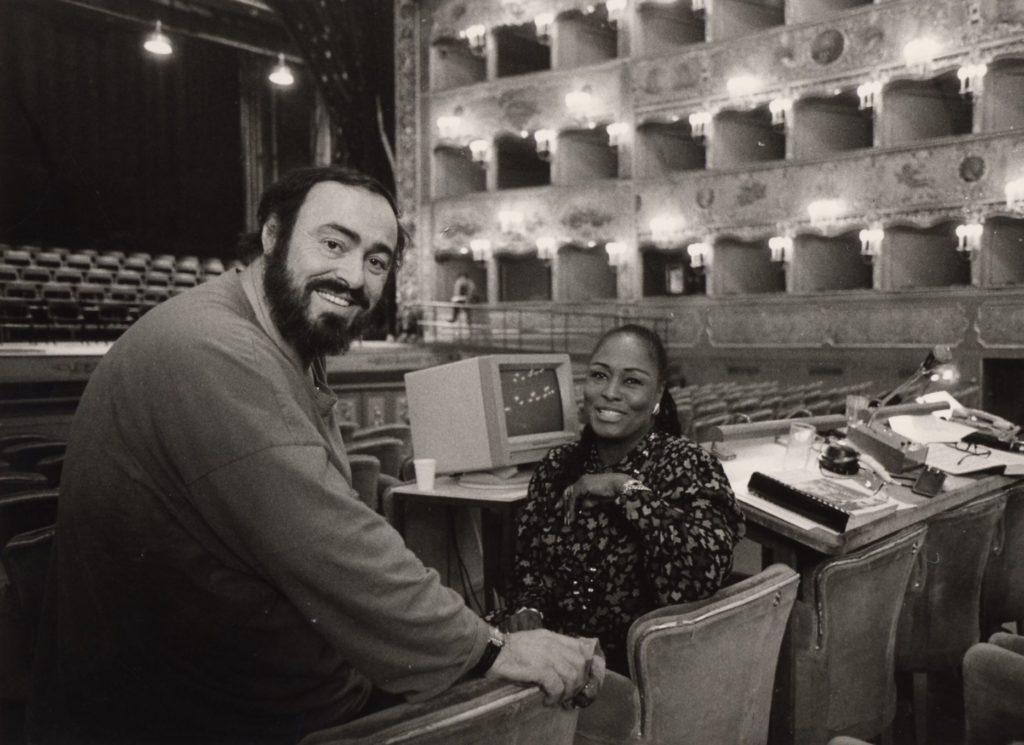
Pavarotti and Verrett in rehearsal for La Favorita, Teatro la Fenice, 1988.
Gaetano Donizetti: O mio Fernando (La Favorita). Shirley Verrett as Leonora; Eugene Ormandy conducting the Philadelphia Orchestra. Live performance, 25 January 1975 celebrating the 118th Anniversary of the Philadelphia Academy of Music. As mentioned in the podcast, the role of Leonora followed Verrett through most of her career. This scena is featured on her first and only solo studio recital released by RCA Victor in 1968 and was the role of her operatic farewell in Madrid in 1992. Even at that late date, she gives a full-out, balls-to-the-wall performance. On this earlier January 1975 concert from Philadelphia, Verrett and Pavarotti also gave a memorable performance of the final duet from the opera. One must also remember the stunning concert performance that Verrett gave opposite Alfredo Kraus (her partner in Madrid) in 1975 with Eve Queler and the Opera Orchestra of New York. And of course in 1978 Verrett and Pavarotti appeared together in a production of the opera at the Metropolitan Opera which was a distinct success for both artists.
Gioacchino Rossini: Ah, d’un’afflitta il duolo (Mosé in Egitto). Live performance in Rome, 11 April 1968. Shirley Verrett as Amaltea [Sinaïde], Ottavio Garaventa as Osiride [Amenophis], Wolfgang Sawallisch conducts the Orchestra and Chorus of the RAI in Rome. (Here is the complete radio performance). Like Maometto II/Le siège de Corinthe above, Rossini composed a revision of his earlier Mosé in Egitto for the Paris Opera as Moïse et Pharaon. Though the person at the Library of Congress who created this page can’t manage to spell the composer’s first name correctly, they do provide a precise and thorough description of the various versions of the opera. The Wikipedia page on the Italian version of the opera is also helpful in untangling the threads.
Gioacchino Rossini: Ah, d’une tendre mère écoute la prière (Moïse et Pharaon). Live telecast from the Opéra de Paris, September 1983. Shirley Verrett as Sinaïde, Keith Lewis as Aménophis, Georges Prêtre conducts. (Here is the complete telecast, in rather dodgy condition.) These two examples are presented to illustrate how Shirley Verrett transformed her sound and technique into that of a soprano. Because there were so few photographic examples of her as Sinaïde, I took a bunch of screen shots from the very grainy video that is available of the telecast that is available on YouTube (that’s the New Zealand-born tenor Keith Lewis in a few of the photos with her). She looks resplendent in this costume, but even more than that, this allows one to marvel at the plasticity and expressiveness of her face when singing. I know I went a little crazy capturing these shots, but aren’t they great? (You’re welcome.) And BTW, one must give credit to Luca Ronconi for his direction of the stage production, to Gianni Quaranta for the beautiful set design, to Giuseppe Crisolini-Malatesta for the stunning costume design, and to the director Yves-André Hubert for having captured Verrett so beautifully in this telecast,
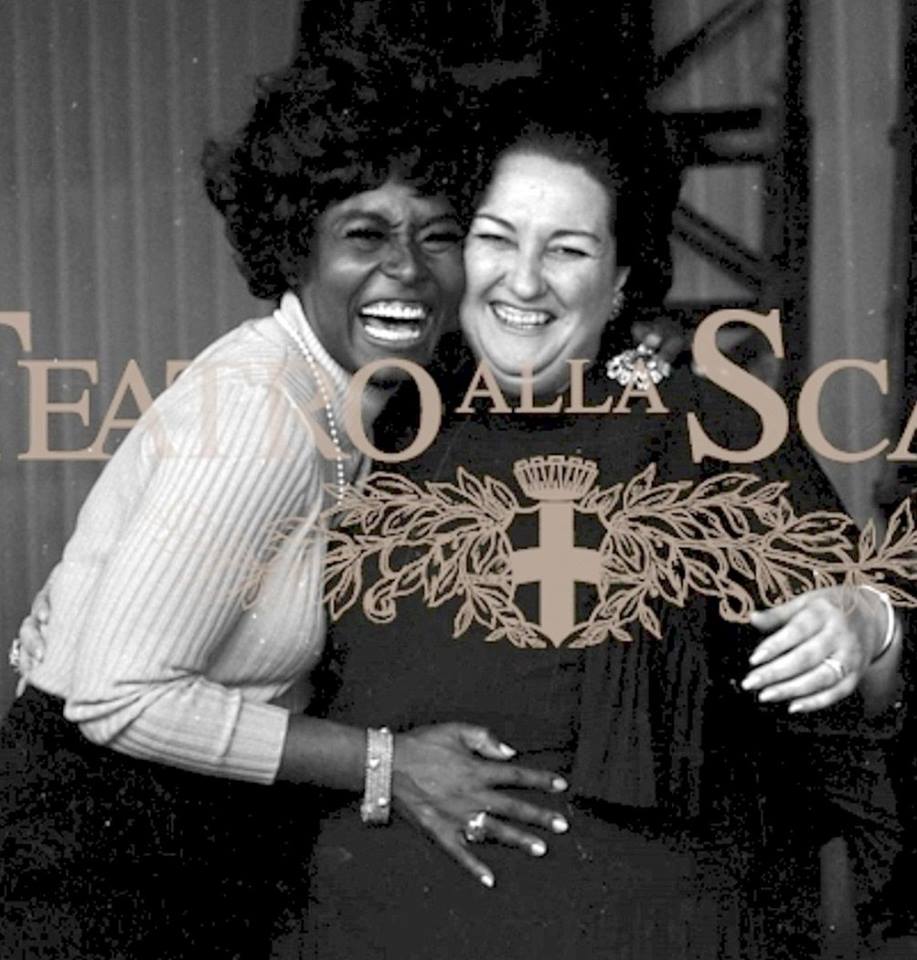
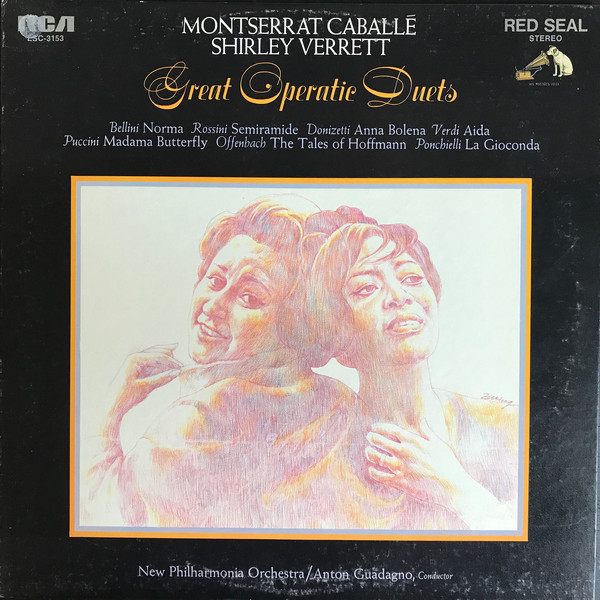
Vincenzo Bellini: Vieni a Roma (Norma). Shirley Verrett as Adalgisa, John Alexander as Pollione, Gianfranco Masini conducting. Live broadcast from the Metropolitan Opera, 28 February 1976. Shirley Verrett is absolutely stunning here as Adalgisa opposite John Alexander. In this series of Met performances, Montserrat Caballé sang the title role. She takes high variants here that show her completely prepared to take on the title role, which happened less than two months later. She and Verrett had a positive collegial relationship, which included these 1976 Met performances of Norma as well as a run of Maria Stuarda at Carnegie Hall in 1967 and at La Scala in 1971. Since both of them were RCA artists, they are also featured together on recordings of Donizetti’s Lucrezia Borgia as well as a magisterial 1971 recording of duets, which include the superb confrontation scene in Donizetti’s Anna Bolena. The role of Giovanni Seymour would seem to have been tailor-made for Shirley Verrett. In fact, she sings Seymour’s big scena on her 1968 RCA recital album of arias and sometimes, as in her 1969 Edinburgh recital, sang it in concert. Also, as noted earlier, she recorded the entire role opposite Beverly Sills in 1972. In addition, she and Grace Bumbry sang the same Act II scene in their series of duet concerts. But amazingly, and to our great loss, she doesn’t appear to have ever sung the complete role on stage.
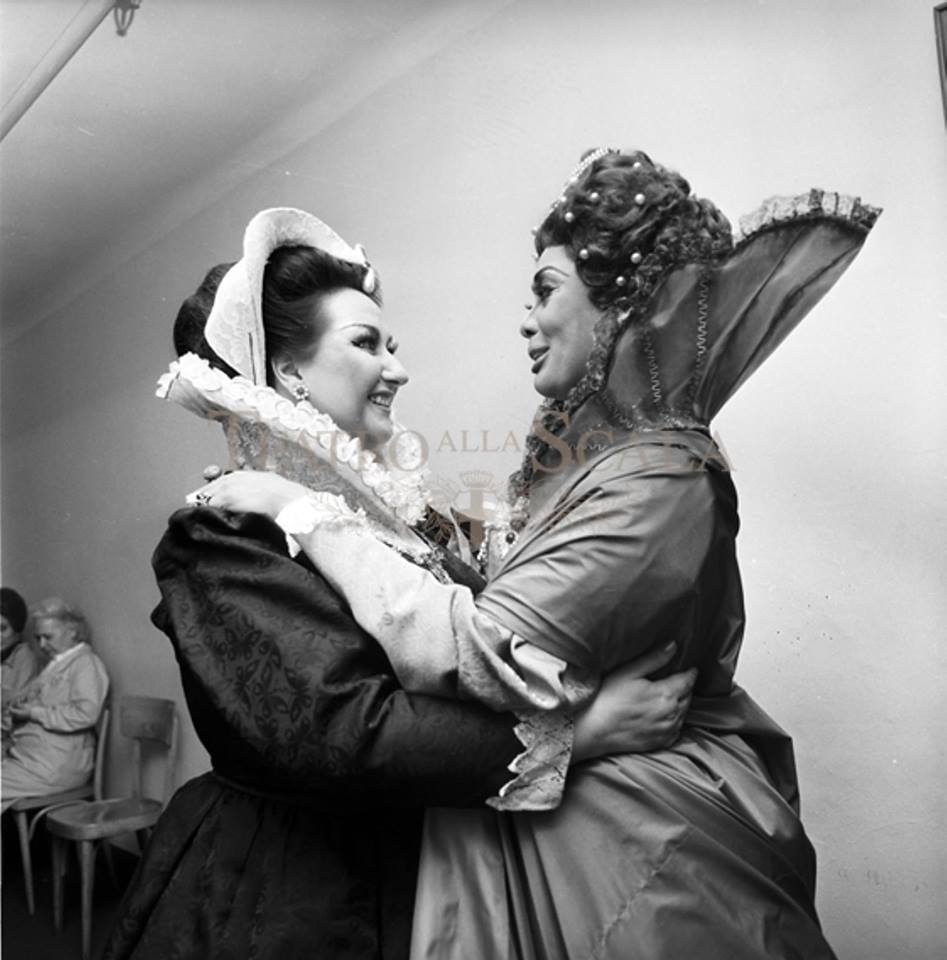
Backstage at La Scala, 1971 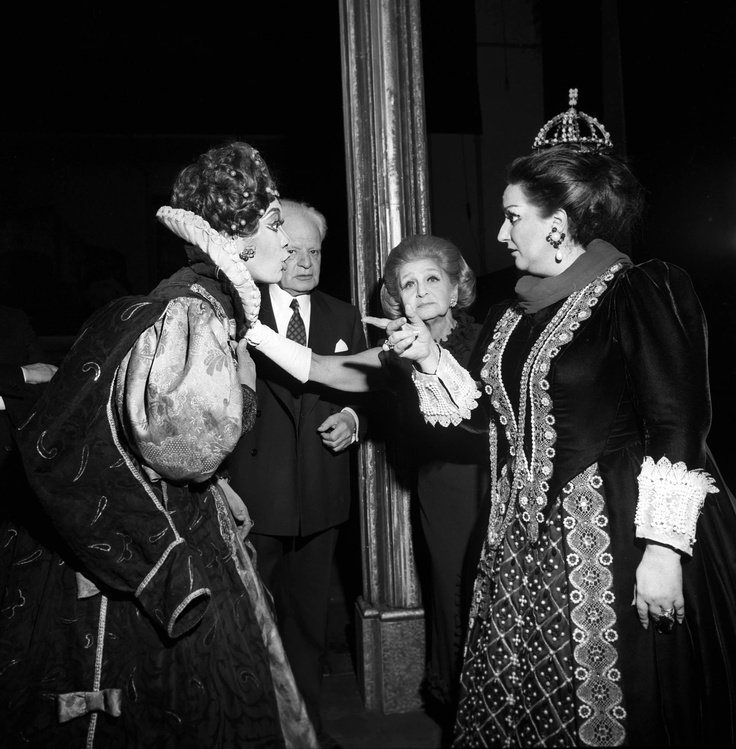
A possibly staged confrontation with Antonio Ghiringelli and Margherita Wallman looking on. 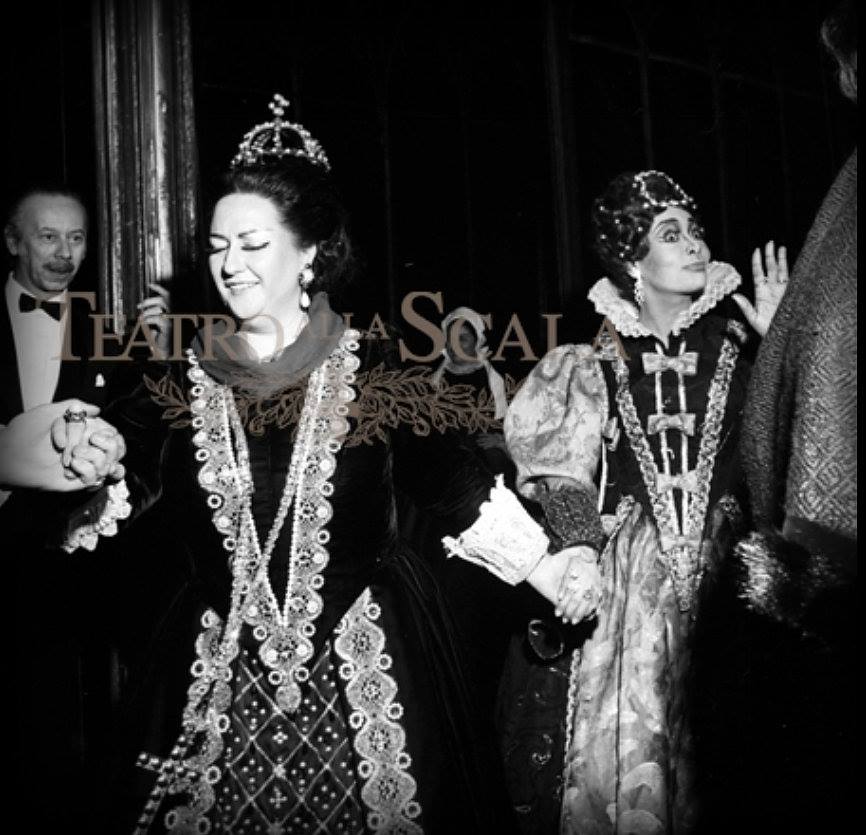
Vincenzo Bellini: In mia man alfin tu sei (Norma). Shirley Verrett as Norma, John Alexander as Pollione, Jan Behr, conductor. Live performance of the Metropolitan Opera on tour in Boston, 19 April 1976. In spite of the terrible sound on this house recording, one can hear just how on fire Shirley was in this, her first performance of the title role of Norma. In the next Shirley Verrett episode I will be delving further into her performance of this role, which I regard as one of the pinnacles of her career, and a landmark in the history of the opera and the role, equal only to Callas and on balance surpassing even Caballé (although Verrett never matched the magic of Montserrat singing Casta diva in the Mistral). As for Sills and Scotto, I find Verrett to be their equal in dramatic insight and their superior in terms of pure vocality. But stay tuned: I will have more to say about Shirley as Norma in a future episode.
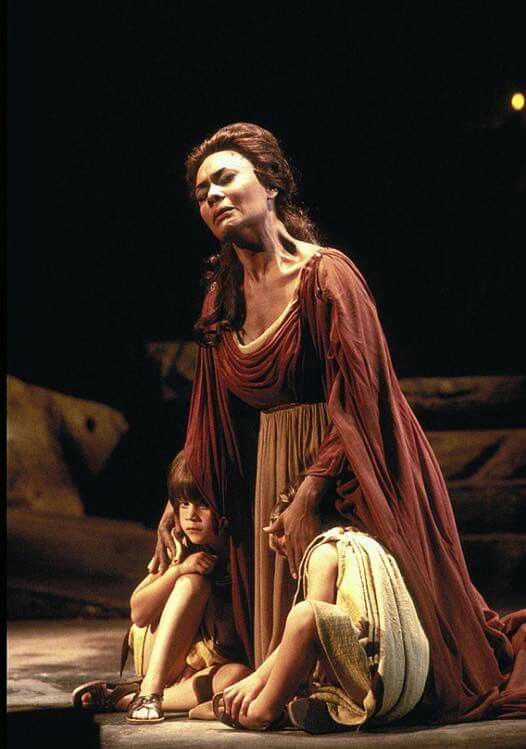
Shirley Verrett in the title role of Norma. 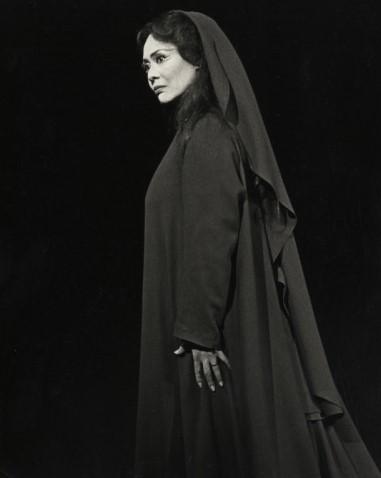
Verrett as Norma.
Here a word needs to be said about Verrett’s Pollione on both of these momentous occasions. The American tenor John Alexander was, in fact, an extraordinarily gifted and versatile singer whose work was too frequently dubbed “a journeyman tenor” or evaluated as merely “reliable.” One of the most remarkable things about Alexander was his versatility, which, if anything, kept him from becoming a bigger star. He sang everything at the Met: Pinkerton on the occasion of Renata Scotto’s 1965 Met debut, Faust, Hoffmann, Ferrando in Così , Tamino, the title role in Don Carlo, Rodolfo in both Luisa Miller and Bohème , Edgardo in Lucia, the Duke in Rigoletto, Anatol in Vanessa, Kodando in Menotti’s The Last Savage, Elvino in La Sonnambula, Grigory in Boris Godunov, Walther in Meistersinger, Cavaradossi, Alfredo in Traviata, Des Grieux in Manon Lescaut, Arbace in Idomeneo, in addition to Pollione opposite both Caballé and Verrett (and Sills in Hartford in 1972 as well as in Boston in 1971, Scotto in Philadelphia in 1978a, and Sutherland in San Francisco in 1972.) (Incidentally he also recorded the role of Pollione in 1964 with Sutherland in her first recorded assumption of the title role.) His final role at the Met, was, amazingly, Bacchus in Ariadne opposite Jessye Norman! His voice had both brilliance and a depth which allowed him to take on certain heavier roles. And yet his high notes always remained sterling. Two of his most memorable non-Met roles included Essex in Donizetti’s Roberto Devereux opposite Beverly Sills (of which a performance from Wolf Trap was televised in 1975) and Des Grieux (this time in Massenet’s Manon) in New Orleans opposite the Manon of Caballé. (I am more than willing to forgive a missed entrance of Alexander’s that briefly threatens to delay the proceedings.) Among his other (not at all numerous) recordings is the peculiar London/Decca recording of Anna Bolena starring Elena Souliotis in which he sings the role of Percy and the Orfeo recording of Wagner’s first opera, Die Feen, conducted by Wolfgang Sawallisch in which he sings the role of Arindal. I have several favorite clips of him, one from a 1975 gala honoring the late Richard Tucker in which he sings Pour mon âme from Donizetti’s La fille du régiment with a stunning series of grounded yet brilliant high C’s that put most tenorinos singing this role to shame. Another is of a 1970 concert with the Philadelphia Orchestra conducted by Julius Rudel which features the Mexican soprano Gilda Cruz-Romo (another criminally undervalued singer!), the highlight of which is, for me, the Teco io sto duet from Act II of Un ballo in maschera (though everything they sing is excellent!) (Incidentally, Alexander also sang Pinkerton to Cruz-Romo’s Butterfly in her Met debut.) In fact, I’m getting an idea for an upcoming podcast… stay tuned for that!
Plagued by serious heart health issues, John Alexander died of a heart attack on December 8, 1990, at the age of 67 in Meridian, Mississippi, the town in which he was born.
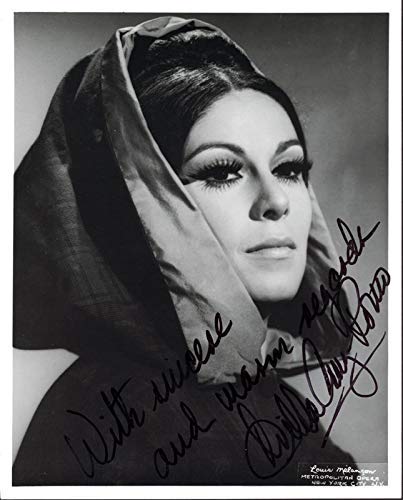
To return to the topic of today’s episode, I would like to assign some reading homework. First is the insightful yet admiring obituary for Shirley Verrett that the late Brian Kellow wrote for Opera News. And, from January 1977, an important crossroads in Shirley Verrett’s career, a profile of Verrett written by Gary Wills for The New York Times.
